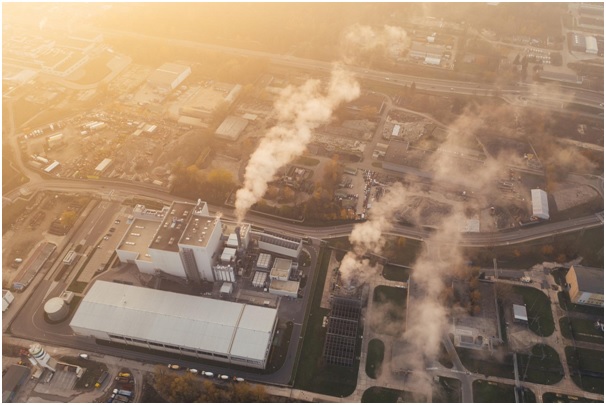Greenhouse gas emissions from residential, commercial and institutional buildings in Mumbai are estimated to go up 3.3 times by 2050, showed a recent analysis by the World Resources Institute (WRI) India.
This, considering that power plants and buildings are responsible for over 60% of the city’s greenhouse gas (GHG) emissions, it added.
The analysis, based on the current consumption patterns, was shared at the stakeholder consultations’ meeting held on Tuesday to draft Mumbai’s Climate Action Plan.
In his presentation, Mehul Patel, manager of the climate programme at WRI India, said that residential, commercial and institutional buildings’ GHG emissions are dominated by electricity and LPG. “The key sources are appliances like air conditioners, geysers, refrigerators, fans, LPG, PNG, kerosene,” he said. “The analysis also found that while Mumbai’s electricity demand is 3,400-3,600MW, its rooftop solar potential is nearly half of this demand—1,724MW comprising 1,300MW from residential buildings and the rest from industrial and educational buildings. Andheri west (K-West ward) and Borivli (R-Central ward) have the highest solar potential,” he added.
A further breakup showed that the maximum GHG emissions—32%—came in from the residential sector, followed by 30% from the transport sector.
The panelists also discussed strategies for dealing with the rapid increase in emission levels, which include decentralizing clean energy systems, retrofitting existing infrastructure and encouragi-ng changes in building design to reduce energy consumption. Sunil Dahiya, analyst from Centre for Research on Energy and Clean Air, said that there is a close relation between air pollution and climate change. “Mumbai is undoubtedly one of the most polluted cities. Most of the power plants have not installed flue-gas desulfurization technology. We need to reduce dependence on fossil fuel energy and also from the central grid to decentralized methodology,” he said.
Ashish Fernandes, CEO of Climate Risk Horizons, a research and advisory consultancy, said: “Mumbai being the economic powerhouse, it’s essential to look at what can be done to mitigate the issues. These need to be framed in such a way that it’s a win-win for all, like tapping into solar and renewable energy, starting from civic buildings, schools and hospitals.”





